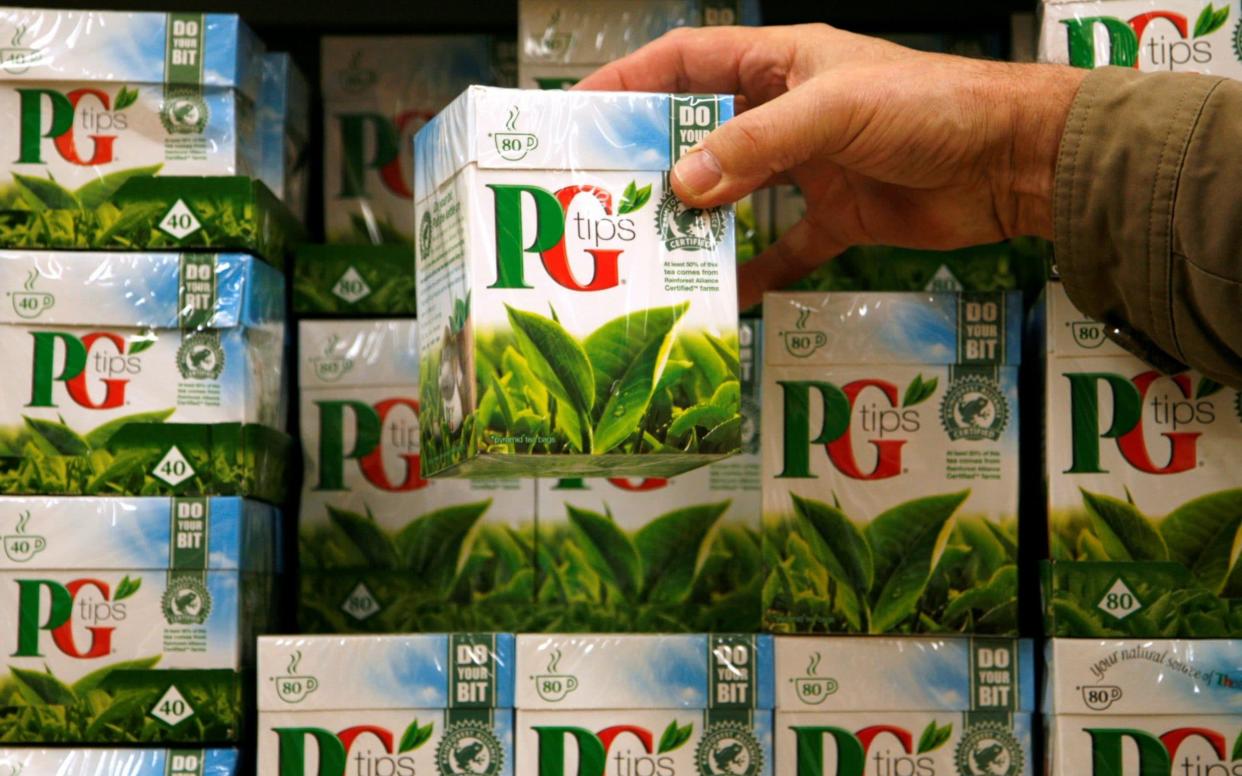€11bn Dutch 'departure tax' could derail Unilever plans

Unilever could scrap plans to abandon its Anglo-Dutch structure if MPs in the Netherlands pass a law forcing the company to pay an €11bn (£9.7bn) "departure tax".
Legislation proposed by the opposition GreenLeft (GroenLinks) party would impose a levy on firms with annual revenues of more than €750m that relocate their headquarters abroad.
The proposals are intended to prevent large companies from leaving Holland and make up for loss of tax revenue if they do choose to depart.
Unilever, which owns brands including Marmite and Dove soap, has had its dual-headed structure in place for close to a century after it was created by the merger of a Dutch margarine company and British soap maker Lever Brothers.
It is not clear whether the law, which was proposed in June just days after Unilever revealed plans to exit Holland and move its legal base to London, complies with Dutch and European law, nor whether it would be passed by the Dutch parliament.
The Netherlands’ Council of State is considering the proposed law but has not set a date for its decision.

In shareholder documents outlining details of the proposed unification, Unilever said it did not think the GreenLeft’s proposed bill was legal.
However, it added: “Nevertheless, if the bill were enacted in its present form, the boards believe that proceeding with unification, if it resulted in an exit tax charge of some €11bn, would not be in the best interests of Unilever.”
The FTSE 100 consumer goods giant said it could choose to not to pursue its unification as a result.
Unilever hopes to complete the merger of its operations over the weekend of November 21 and 22, with Dutch shareholders set to vote on the proposals on September 21, followed by UK shareholders on October 12.
If the GreenLeft party’s law were to pass it would come as an embarrassing blow to Unilever two years after it scrapped plans to move its headquarters to Holland following uproar among investors.
The company's planned changes to its legal structure are intended to make it easier to carry out acquisitions or sell-offs - including a potential sale of its tea business, which makes PG Tips.
The proposals also raise the possibility of a break-up of the business. Unilever has assured the Dutch government that if it chooses to split off its food and beverages business at any point then this company will be based and listed in the Netherlands.

Dutch MP Bart Snels, who submitted the proposals on behalf of the GreenLeft Party, said he was confident that the bill would secure the approval of MPs after Unilever warned it could derail its unification plans.
“That was exactly the intention of the law,” he said. "If the law is passed, they will stay. This message helps to ensure that a majority in the house is reached."
The GreenLeft party is led by 34-year-old Jesse Klaver, who become the Netherlands' youngest party leader when he took over four years ago and has been compared with Canadian prime minister Justin Trudeau.
Responding to Unilever’s announcement on Monday, Mr Klaver tweeted: “The Netherlands does not have to be a tax haven to keep large companies here. In this way, large companies stay in the Netherlands and they contribute fairly to the good facilities, personnel and infrastructure that our country offers.”

 Yahoo News
Yahoo News 
